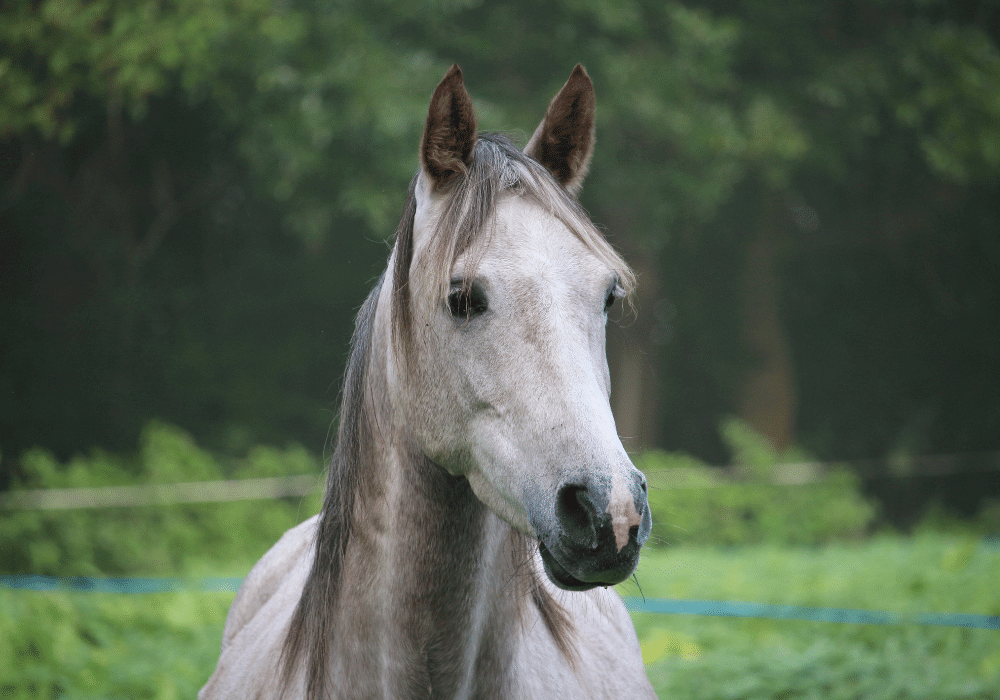Osteopathy for horses is a form of treatment that can have a positive effect on a horse’s physical wellbeing, performance and injury recovery. Many owners choose to invest in regular osteopathy treatments for their horses. While there are specialised equine osteopaths around the UK, it’s possible that your equine vet practice may offer this treatment alongside traditional vet care. In this blog we’ll take a look at the benefits of osteopathy for horses, who it is for and whether this form of treatment could suit your horse.
What is Osteopathy for Horses?
The origins of equine osteopathy are derived from osteopathic techniques used to treat humans. It is a holistic therapy that involves looking at multiple systems within the body, assessing how they function not just as individuals, but as an entire system.
Osteopathy works with the structure and function of the body. It is based on the principle that the well-being of the horse depends on the skeleton, muscles, ligaments and connective tissues functioning smoothly together. When these parts are functioning together, the horse can perform at its very best. A problem in one part of the system can often lead to problems in another.
Osteopaths use physical manipulation, including joint mobilisation and postural adjustments, as well as stretching and massage techniques to:
- increase joint mobility (Range of Motion)
- relieve muscle tension
- enhance the blood and nerve supply
- stimulate the body’s own healing mechanisms
What Are the Benefits?
Pain Relief and Improved Mobility
Just like humans, horses can suffer from back, neck and joint problems. Osteopaths use soft tissue techniques to improve the function of the horse’s body, releasing tension and restoring health through the assessment and treatment of muscles, joints, tendons and ligaments.
This can help horses who are struggling with a sore back or tightness elsewhere in their body to find pain relief. As a result, you may notice a decrease in behavioural problems, a horse that is happier in his work and improved performance.
Enhancing Performance and Preventing Injuries
Equine osteopathy is often used as a preventative measure and as a way to improve your horse’s performance. By regularly assessing the horse as a whole, osteopaths can note areas of weakness or tension, and develop a targeted treatment before they become too much of a problem.
This can help reduce the risk of injury in the future while relieving the horse of even very minor discomfort can help improve performance even at the very top levels.
Complementary to Veterinary Care
Equine osteopathy is not meant to replace veterinary care. Rather, it is used alongside as a complementary therapy. While equine vets are able to diagnose and treat specific health conditions, osteopaths work to improve the horse’s overall musculoskeletal health.
Collaboration between the two can lead to quicker recovery from injury and greater wellbeing.
Osteopaths in the UK are required to work with the treating vet, which means you should always consult your equine vet before having your horse treated by any other practitioner.
Please don’t hesitate to get in touch with Avonvale Equine Vet Practice if you require any more advice on equine osteopathy or other alternative treatments for your horse.








